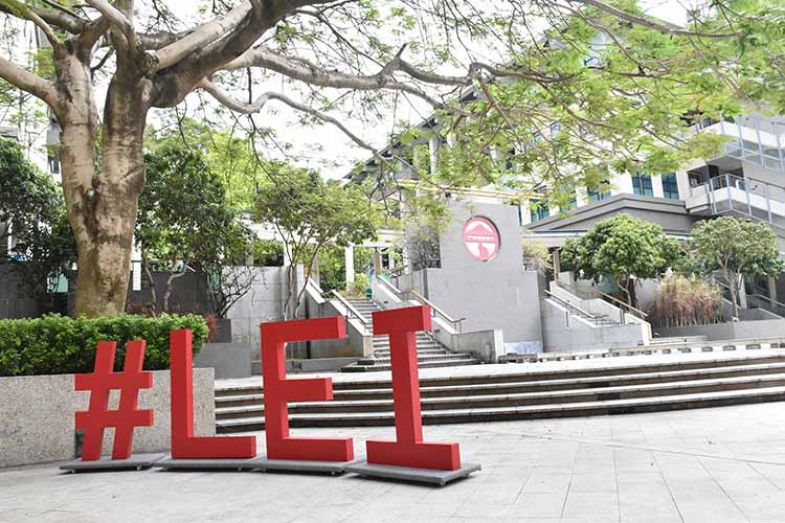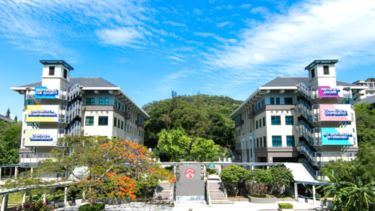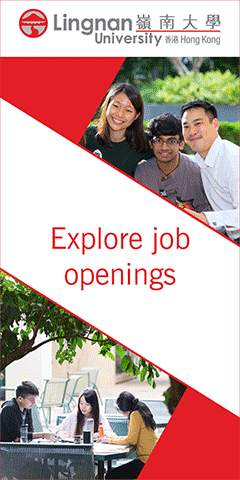
In April 2018, in a first for the liberal arts in Hong Kong, the Lingnan Entrepreneurship Initiative (LEI) was launched to help develop the university’s undergraduate students into social entrepreneurs who can create innovative, practical and sustainable solutions to real-world problems.
In encouraging the team that devised the LEI’s launch, Professor Leonard K Cheng, President of Lingnan University and Chair Professor of Economics, drew on his experience in multi-disciplinary entrepreneurship training, as well as his on-the-spot study of the workings of California’s Silicon Valley. This background led him to the belief that entrepreneurship forms a natural fit with the type of liberal arts education offered at Lingnan.
And he isn’t alone in this thinking. The late Steve Jobs, who himself attended a liberal arts college, believed that the success of Apple came from marrying skills from the fields of technology and the humanities.
“How can you be a successful entrepreneur if you are not a good communicator?” Professor Cheng wonders. “Our students are learning to be great communicators. We also teach them to think critically and creatively, and give them hands-on experience of solving real problems.”
Under the leadership of LEI’s Director, Dr Albert Ko, a number of new programmes have been created to provide additional training. The Department of Management’s Professor Ivy Yang has led a group effort to introduce a Minor in Entrepreneurship, which gives students the chance to develop their first start-up plan. While the Office of Service Learning (OSL) has launched a Design Innovation programme to help further develop creative, problem-solving, communication and collaboration skills, the Student Services Centre has organized complementary activities to hone skills in leadership and entrepreneurship and the China Economic Research Programme has provided related training and internship opportunities in the Greater Bay Area.
“Often when we think of innovation we think of technology, and, yes, technology is one important element of innovation - but it is not the only one,” Professor Cheng points out. “Another form of innovation concerns business models.” Among these new business models are social enterprises which find novel ways to support communities in solving their own problems.
And Lingnan students are already demonstrating their entrepreneurial smarts. Professor Cheng cites the example of a project to develop a low-cost but effective air-purifier for cleaning the air in sub-divided flats. This project required both the ability to pinpoint a social need and the creativity to devise an effective solution.
“Our students are very capable of working on things that do not require fundamental knowledge in science and technology, and I encourage them to work with the more technical people at places such as HKUST, if possible,” he explains.
Among its other features, the LEI runs workshops and labs, and collaborates with innovative startup companies, social innovators and entrepreneurs to provide internship opportunities. It also has an exciting international element.
Building on Lingnan’s first joint humanitarian entrepreneurship summer academy, in the summer of 2019 the LEI and the OSL will join forces to partner with Al-Farabi Kazak National University, Almaty, Kazakhstan, for another exciting example of student-community interaction. Participants will receive two weeks training in Hong Kong before taking part in two weeks of service learning fieldwork in Kazakhstan.







